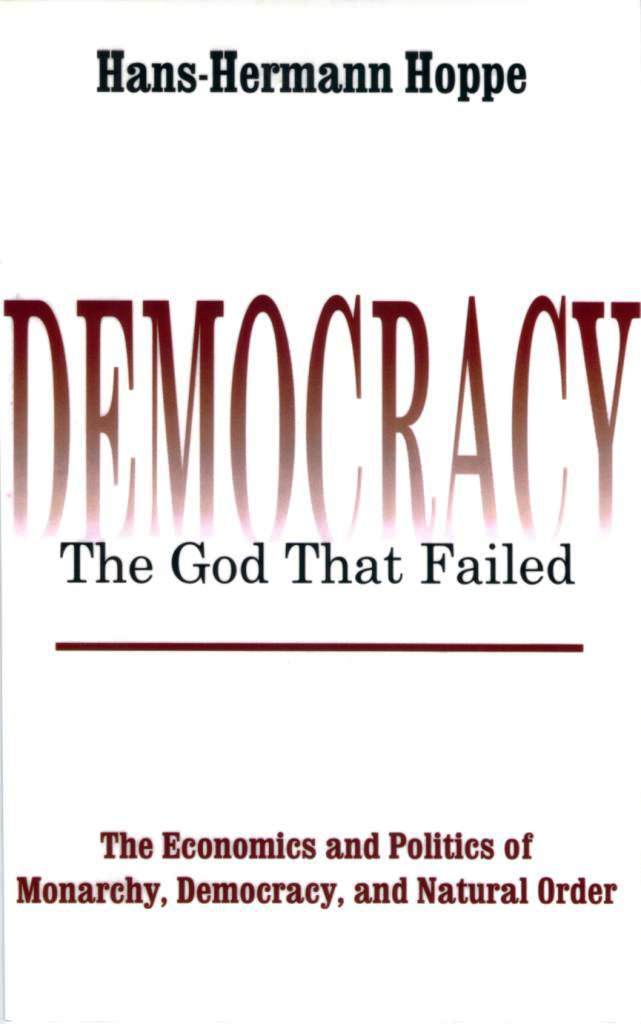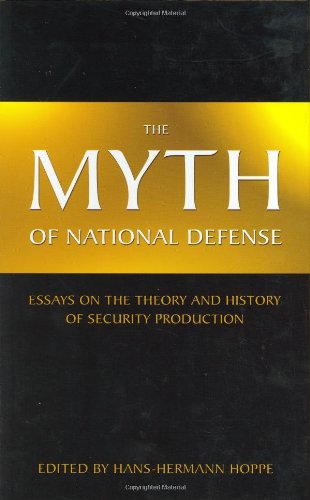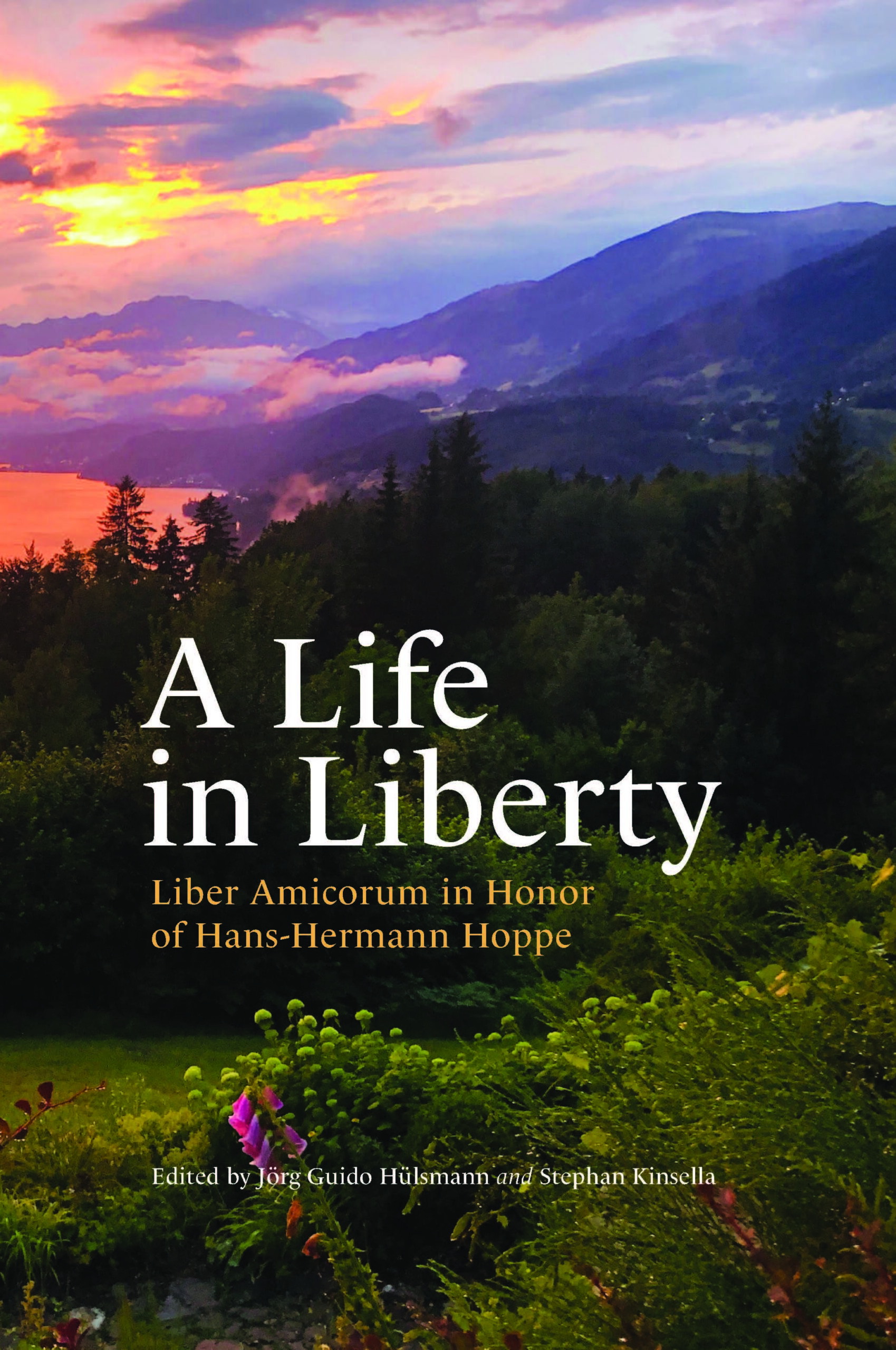Oscar Grau, “Abandoning Classical Liberalism with Hans-Hermann Hoppe,” Libertarian Institute (Oct. 16, 2025):
Law is a social institution independent of the existence of the state. Law explicitly recognizes the principles of justice, which can only be consistently recognized as universal for all times and places. These principles serve not only to deliver justice, but also to judge the justice of the laws applied in any society. The state usurps law by a combination of force and ideology, monopolizing the final say in society and setting itself up as the final judge of all conflicts and crimes, including those involving the state itself. The state thus becomes both judge and party in its own cases.
Nonetheless, for centuries before the emergence of the modern state, competing and overlapping jurisdictions coexisted in Europe for social life and conflict resolution. This was not because law was not universally understood as a social institution for resolving conflicts or disputes and providing procedures and justifications for punishment or restitution. Rather, it was because different cultural and political circumstances tended to give rise to different judges for different matters of life. In fact, this setup was more effective in promoting peace and enforcing justice than today’s statism.
Laws were considered as given. So it was very uncommon to create or propose any new laws at all. As libertarian philosopher Hans-Hermann Hoppe recounts, law was considered to be something that existed eternally and was simply discovered:
“People learned what it was. New law was from the very outset considered to be suspicious, because law had to be old, it had to be something that had always existed. Anybody who came up with some sort of new law, was automatically dismissed as probably a fraud. The subjects, the tenants, had a right to resist. That is, they were not subject to their lords no matter what, because, as I said, there existed an eternally valid law, which protected the tenant as much and the landlord, and if the landlord did break this law, then the tenants had the right to resist, up to the point of killing the landlord.”
Summary of “Abandoning Classical Liberalism with Hans-Hermann Hoppe”
This article by Oscar Grau, published on The Libertarian Institute, presents a detailed exposition of philosopher Hans-Hermann Hoppe’s critique of classical liberalism, advocating its replacement with radical libertarianism (private property anarchism). Drawing from Hoppe’s works, Grau argues that classical liberalism inadvertently sustains statism by tolerating the state’s monopoly on law and justice, which inherently violates natural human rights. Instead, society should return to a stateless model akin to medieval feudalism, where competing jurisdictions enforced an “eternal” natural law.
Key Arguments
- The Nature of Law: Law is an ancient, discovered institution for resolving conflicts based on universal justice, not a state-created tool. Pre-modern Europe thrived under competing legal orders without centralized power, fostering peace more effectively than modern states. New laws are inherently suspect and resistible—even violently if necessary—as they likely represent fraud or aggression.
- Historical Context: Feudalism approximated a natural order with “one law for all,” no legislative authority, and decentralized justice, though imperfect (e.g., serfdom could have been reformed by granting property rights). Monarchies arose organically but devolved into absolutist states, eroding this system and paving the way for socialism enabled by state violence.
- Flaws of Classical Liberalism: While rooted in self-ownership, property, and contracts, it naively allows states to enforce rights, rendering constitutions (like the U.S. one) “unconstitutional” themselves. Democracy exacerbates this by undermining universal law through majority rule. Hopes for limited government via checks and balances only expand state power.
- The Case for Libertarianism: Statism institutionalizes injustice; true freedom requires privatizing security and law production. Grau contrasts medieval “paradise” with modern decay, urging libertarians to unmask statist myths to avoid political defeat.
Notable Quotes
- On resistance to new laws: “New law was from the very outset considered to be suspicious… the tenants had a right to resist… up to the point of killing the landlord.”
- On constitutions: “The Constitution is itself unconstitutional, i.e., incompatible with the very doctrine of natural human rights…”
- On statism: “There can be no socialism without a state, and as long as there is a state there is socialism.”
The article concludes that abandoning classical liberalism is essential for moral and economic victory, as statism inevitably grows while reformist efforts fail. It serves as both a historical analysis and a call to radical action.











